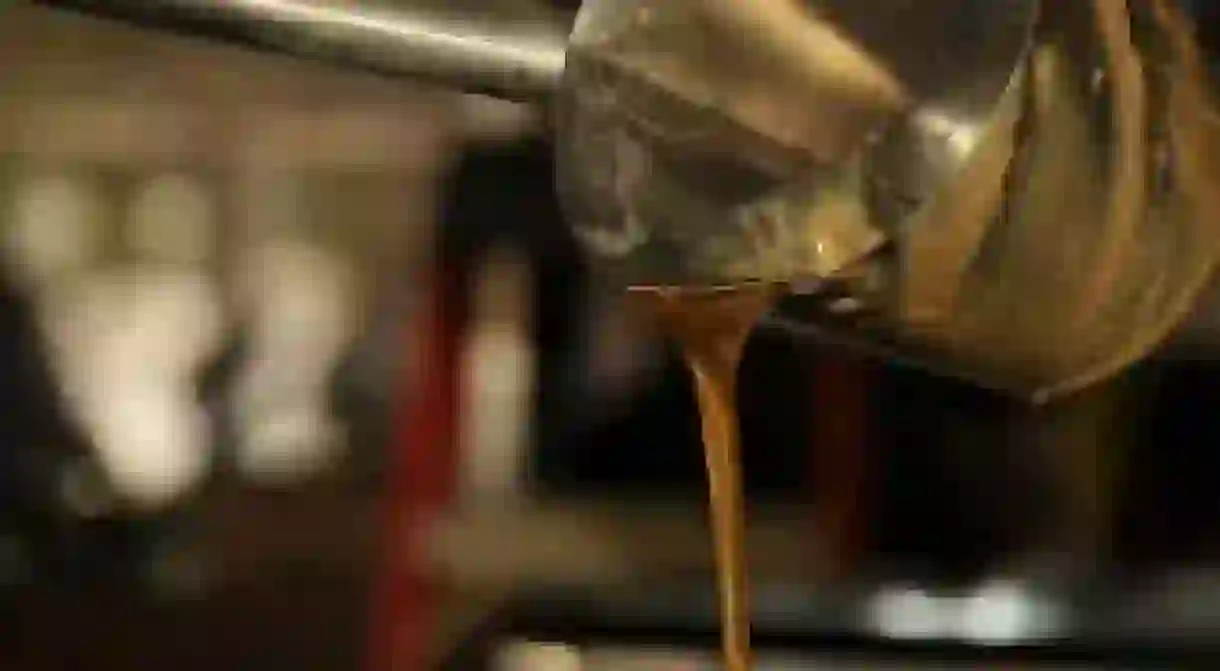Frankincense: A Gift from Allah

Frankincense comes from trees in the Omani desert and since they are believed to be a gift from Allah should not be propagated, bought or sold … something the traders of the seas cared not to think about too much. Elspeth Black looks at the ways this historically religious material has been tapped.

It seems hard to imagine that the harsh, dry sands of Oman produce something much of the world once sought after. The golden sap oozing out of incisions made in scrawny trees in the Omani desert becomes frankincense when left to harden in the sun. The area where there are still many trees, the frankincense park of Wadi Dawkah, was made a UNESCO site in 2000. The species growing in Dhofar is famed for producing the finest quality sap.
The dried sap meant Oman became the centre of trade between the Mediterranean and Red Seas to Mesopotamia, India and China. Trade began many thousands of years ago, with archeological evidence showing Neolithic remains of frankincense. As a result the area was covered in fortresses, providing security for the area as well as being places where traders could spend winter months. Indian seamen would also stay in the area at times and exchanged cotton cloth, corn and oil for the precious nuggets.

It may seem surprising that such an unpretentious-looking plant can be at the centre of such riches. However, the sap has many and varied uses. Its medical qualities meant the Romans and Greeks prescribed it for virtually any illness and its place in the inner sanctum of temples in Egypt, Jerusalem and Rome obviously made it very important.
The sap from the boswellia tree, the one from which frankincense is tapped, is not the only type of tree that produces a useful liquid. Violinists, ballet dancers and bull riders all need rosin, derived from various coniferous trees, to increase friction and reduce slippage. Tree sap is also used in chewing gum, cement and fossilising dinosaur teeth. Maple trees may not have had traders sailing round the world to the same extent, but no pancake would be the same without it.
By Elspeth Black













